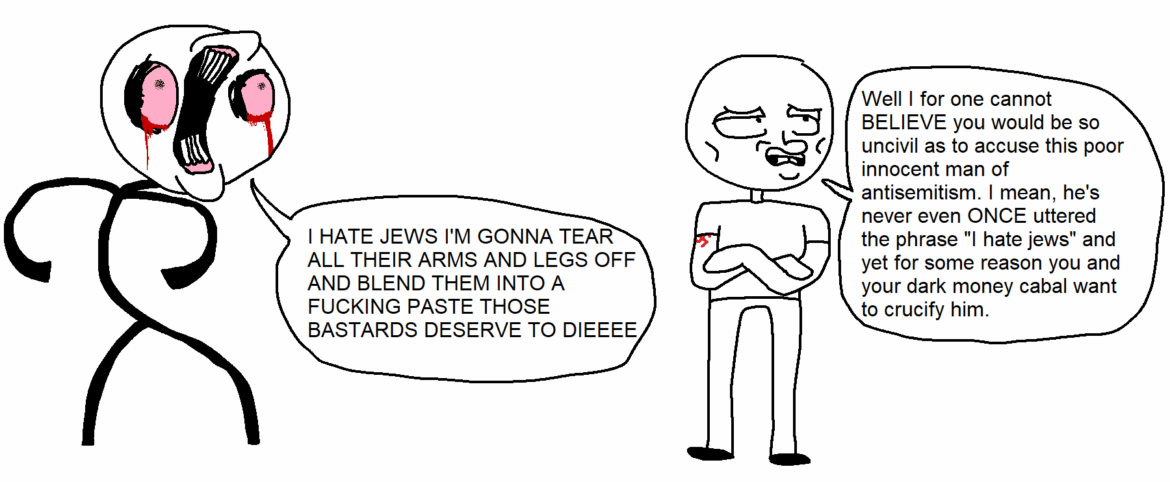The political landscape is often polarized, and one of the most conspicuous divides is between the far right and the far left. This distinction is not merely a binary opposition; rather, it is a complex tapestry woven from ideology, history, and socio-economic factors. In examining these ideologies from a Christian perspective, we uncover much about human nature, societal organization, and moral values.
At the core of this dichotomy lies a fundamental difference in the conception of individual versus collective identity. The far right typically emphasizes nationalism, advocating for the supremacy of the national identity over collectivist notions. This perspective often engenders a robust attachment to tradition, with a belief that societal stability stems from adherence to longstanding doctrines and cultural norms. For many in the far right, faith and national identity are inextricably linked; they see the moral fabric of society as being threatened by globalization and multiculturalism that dilute established values.
In contrast, the far left posits that societal structures, including political and economic systems, are predominantly oppressive and in need of radical overhaul. This ideology champions collective ownership and equality, often viewing individualism as a byproduct of systemic injustice and inequity. It is compelling for those who feel marginalized, amplifying voices that demand recognition and rights on a universal scale. Here, the sense of community and solidarity is paramount, with an underlying belief in humanity’s ability to forge a more equitable world through collaborative effort.
From a Christian vantage point, these ideologies can be scrutinized through the lens of gospel principles. The far right may resonate with Christians who prioritize order and moral clarity, advocating for guidelines that maintain societal integrity. Yet, there exists a paradox: the emphasis on nationalism can sometimes eclipse the universal church’s mission to promote love, compassion, and acceptance for all, regardless of their earthly affiliations. The potential for exclusionary practices can lead to a divergence from Christ’s teachings, which underline our shared humanity and divine imago.
On the other hand, the far left’s commitment to social justice correlates with gospel mandates to care for the marginalized and to promote equity in a fallen world. However, the challenge arises when this ideology endorses methods of radical change that may conflict with Christian tenets. For instance, advocacy for violent revolution or systemic dismantling can contradict the call for peace, reconciliation, and love that permeates scripture. The Christian tradition emphasizes transformation through love rather than coercion, thereby positing a fundamentally different pathway for enacting change.
Interestingly, both extremes exhibit an almost zealous fervor in their pursuits. This passionate commitment can be traced back to a shared human trait: the pursuit of meaning and belonging. Humans often gravitate towards ideologies that provide certainty and community, especially during times of uncertainty. The allure of the far right’s promises of national rebirth and the far left’s vision of an egalitarian utopia can be intoxicating—infusing adherents with a sense of purpose that transcends the mundanity of everyday life.
However, this fascination with extremes may also unveil profound societal anxieties. In a world increasingly characterized by rapid change and globalization, many find themselves grappling with feelings of dislocation and insecurity. Such emotional turmoil can prompt individuals to seek refuge in the certainties offered by ideological extremes—whether that means clinging to a glorified past or aspiring to a novel future defined by radical equality. This sociopolitical landscape creates fertile ground for ideological fervor.
Moreover, the relationship between faith and politics becomes increasingly intricate within these ideological frameworks. The far right often appropriates Christian symbols to fortify its assertions about national identity and moral superiority. Simultaneously, the far left utilizes faith as a lens through which to advocate for social change, incorporating theological perspectives aligned with justice and equity. This syncretism raises critical questions: To what extent should faith inform our political allegiances? And conversely, how deeply should politics shape our understanding of faith?
A pivotal concern arises when either the far right or far left aligns too closely with partisan politics, resulting in a conflation of the gospel with political ideologies. The Christian imperative to love all individuals, regardless of their beliefs or identities, can become muddied when embraced by factions that emphasize division rather than unity. In such scenarios, the church runs the risk of becoming a mere echo of the world’s divisions instead of acting as a beacon of hope, love, and reconciliation.
The abundance of media, especially in our digitally driven era, plays a crucial role in heightening these divides. Social media, news outlets, and online forums often exacerbate partisanship by creating echo chambers that reinforce pre-existing beliefs. The fascination with polarization fosters an environment where dialogue becomes scarce, and confrontation becomes commonplace. This trend is concerning for Christians who are called to pursue peace and mutual understanding.
In contemplating the ideological chasm between the far right and the far left, one must strive for a prophetic voice that transcends mere ideological alignment. The challenge is to engage in meaningful dialogue that prioritizes love, justice, and humility. It is vital to resist the temptation to subscribe wholly to either extreme, opting instead for a more nuanced understanding that reflects the complexities of human experience.
Ultimately, the Christian faith calls adherents to embody a third way—one that transcends polarized views, rooted in the teachings of Christ who transcended cultural expectations and political boundaries. By fostering a pursuit of genuine understanding and compassion, Christians can engage constructively in the discourse surrounding far-right and far-left ideologies, striving not for division but for unity in the midst of diversity.



